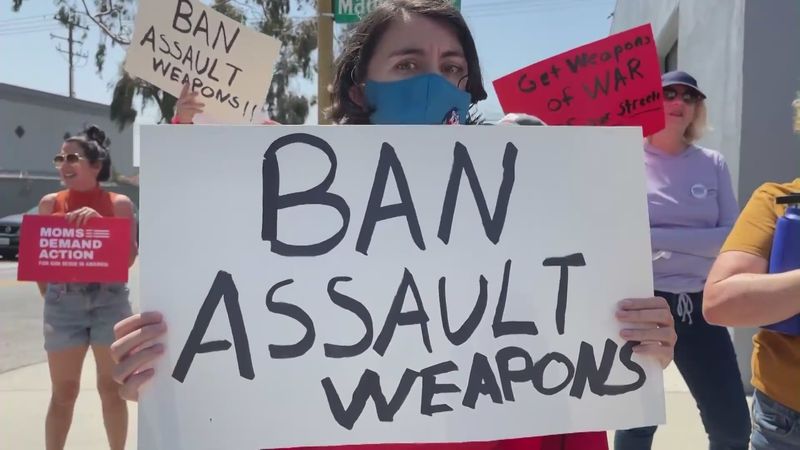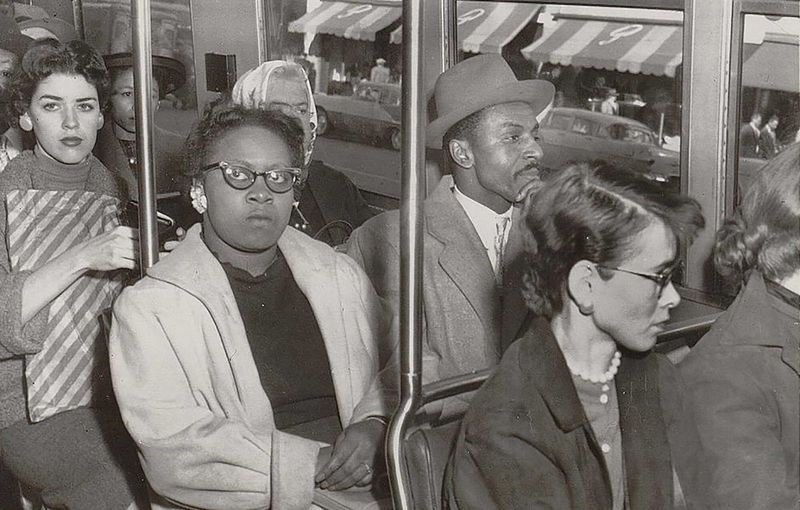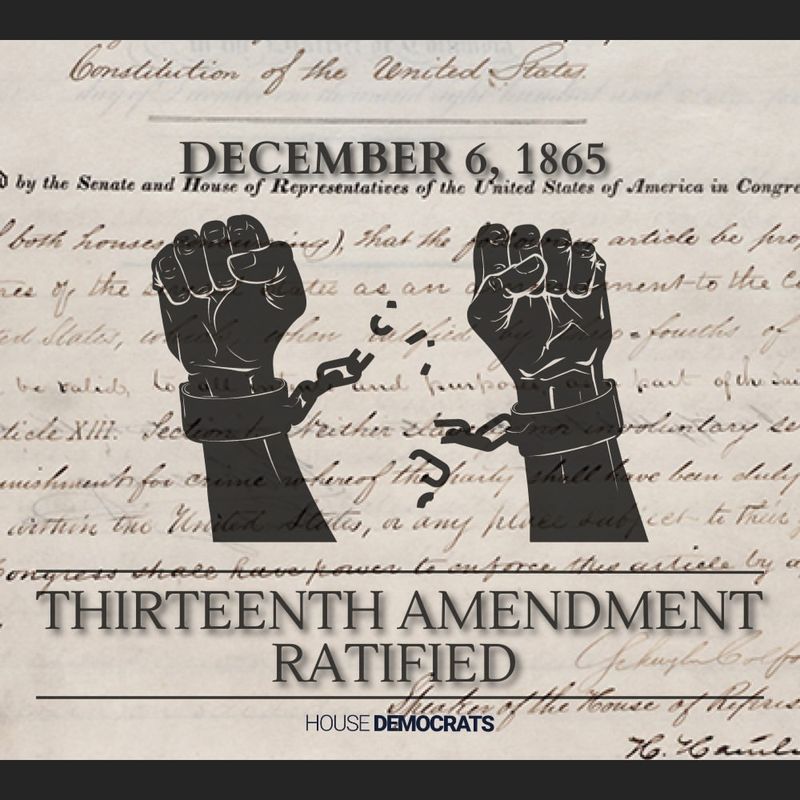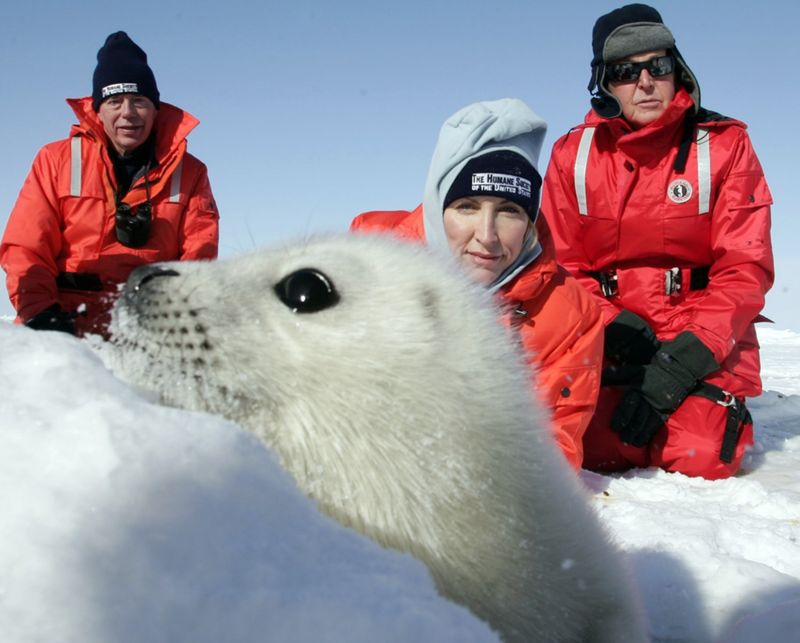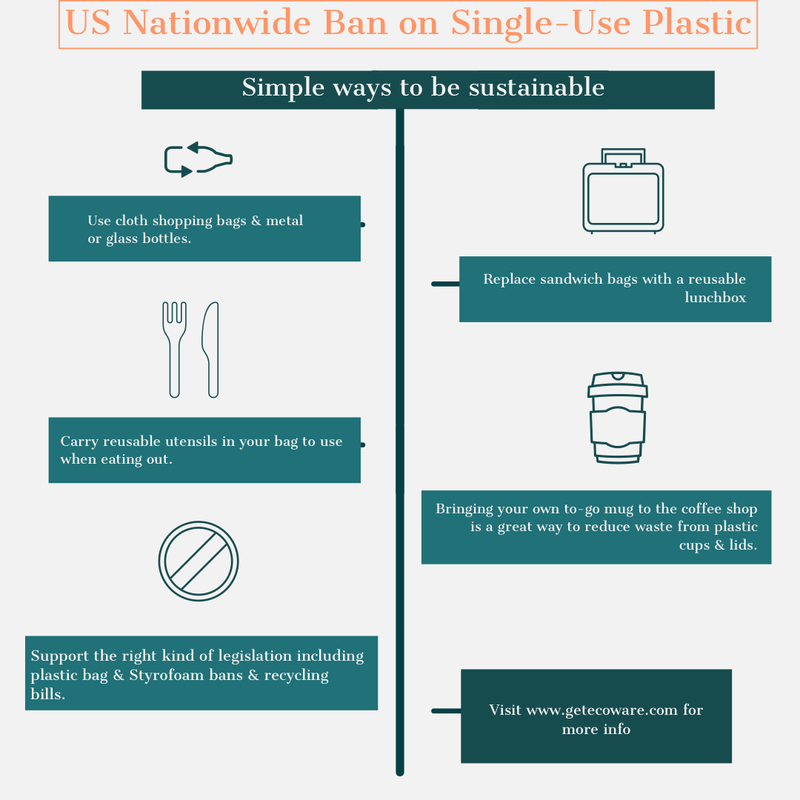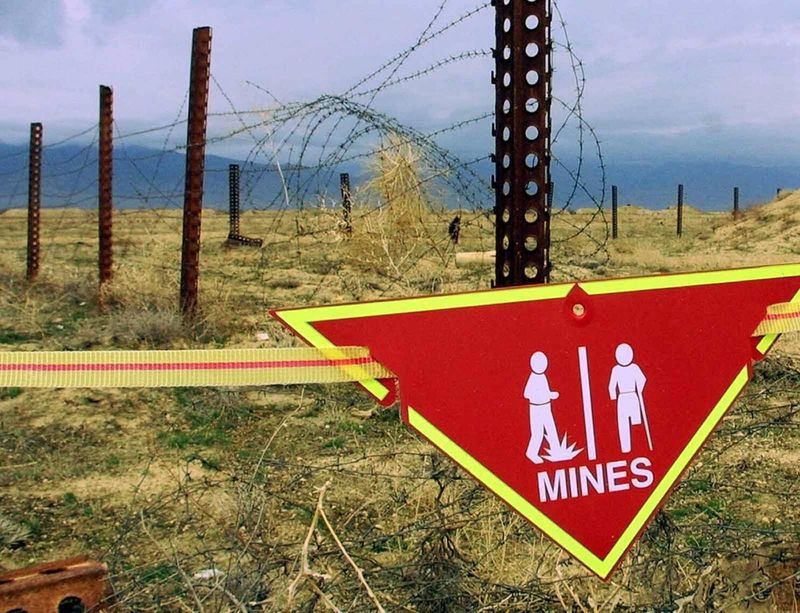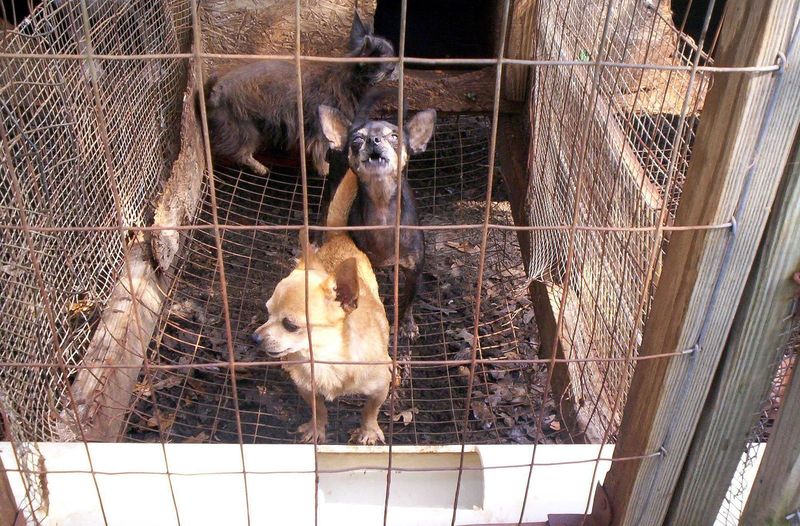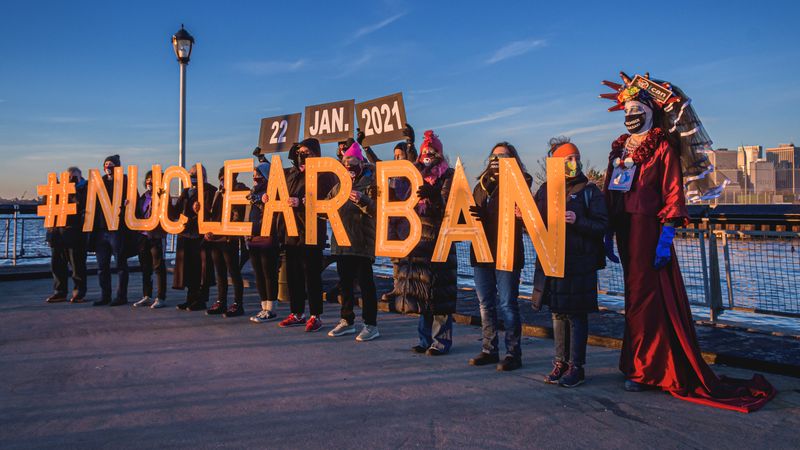Throughout history, Americans have passionately advocated for various bans, driven by moral, ethical, and cultural reasons.
From prohibition to censorship, these efforts reflect societal values and conflicts.
Here’s a look at 32 things Americans have wanted to ban immediately and have fought to ban over the years.
1. Alcohol during Prohibition
The Prohibition era, from 1920 to 1933, was a nationwide constitutional ban on alcohol in the United States. Many believed alcohol was the root of social evils, leading to the 18th Amendment’s ratification.
Speakeasies flourished as underground establishments, defying the law. Bootlegging became rampant, with figures like Al Capone making fortunes.
Eventually, the ban was seen as a failure, leading to the 21st Amendment, which repealed Prohibition. The era remains a significant example of a failed attempt to legislate morality. It highlights the complexities of enforcing such sweeping bans.
2. Cigarettes in Public Places
Concerns over secondhand smoke have led many to push for banning cigarette smoking in public areas. Cities across the U.S. enacted laws to protect non-smokers from harmful effects.
The fight was fueled by health organizations and citizens advocating for cleaner air. Smoking bans now exist in parks, restaurants, and even some beaches.
These bans reflect a growing awareness of public health issues, balancing individual freedoms with community well-being. The movement continues to gain traction, reflecting changing attitudes towards smoking.
3. Assault Weapons
The debate over assault weapons has been heated, with many Americans urging for a ban on these firearms. Mass shootings and gun violence have intensified calls for tighter regulations.
Opponents argue that these weapons have no place in civilian hands, while supporters cite Second Amendment rights. The conversation is ongoing, with legislative proposals frequently surfacing.
The issue remains polarizing, highlighting the broader debate over gun control in America. It underscores the complexity of balancing safety with constitutional rights.
4. Plastic Bags
Plastic bags have become symbolic of environmental pollution. Many cities and states have pushed for bans to reduce their ecological impact. They contribute to litter and harm wildlife.
Environmentalists advocate for reusable alternatives, aiming to shift consumer habits. These efforts have led to increased awareness and legislative action across the country.
The movement faces opposition from the plastic industry and some consumers, emphasizing the broader challenge of balancing convenience with environmental responsibility.
5. Child Labor
Historically, child labor was prevalent in America’s factories, mines, and farms. Campaigns to end this practice began in the late 19th century, driven by reformers and labor unions.
Children often worked long hours in hazardous conditions for minimal pay, prompting public outrage. The fight culminated in the Fair Labor Standards Act of 1938, setting age and hour restrictions.
Banning child labor marked a significant societal shift, reflecting evolving views on children’s rights and economic justice. This development paved the way for modern labor protections.
6. Dueling
Dueling was once a common method for resolving disputes among American gentlemen. By the early 19th century, public sentiment shifted against this practice.
Legislative efforts to ban dueling emerged, reflecting changing views on violence and honor. Famous duels, like the one between Alexander Hamilton and Aaron Burr, highlighted its dangers.
As society evolved, dueling was seen as barbaric and unnecessary, leading to laws against it. This change illustrates America’s progression towards more civilized conflict resolution.
7. Segregation
Segregation was legally enforced in many parts of the U.S., creating a racially divided society. The Civil Rights Movement challenged this, fighting for equality and integration.
Landmark cases like Brown v. Board of Education outlawed segregation in public schools. Activists faced immense resistance but persevered, leading to significant legal and social changes.
Banning segregation was a crucial step towards racial equality, shaping a more inclusive society. This shift reflects ongoing efforts to address systemic racism.
8. Smoking Ads
For decades, cigarette advertisements glamorized smoking, influencing public perception. By the late 20th century, health concerns led to calls for banning such ads.
The government imposed restrictions, banning TV and radio ads for cigarettes in 1971. Further measures targeted billboards and print media.
These efforts aimed to reduce smoking rates, particularly among youth. The move reflects a broader push towards public health and awareness, shifting societal norms around tobacco consumption.
9. Child Beauty Pageants
The controversy over child beauty pageants centers on the exploitation and objectification of children. Critics argue these events pressure children into adult roles.
Movements to ban or regulate pageants have gained momentum, focusing on child welfare and mental health. Legislation varies across states, reflecting differing views.
The debate continues, highlighting the tension between cultural traditions and evolving perceptions of childhood innocence. Advocates seek a balance between expression and protection.
10. Slavery
The fight to end slavery was a defining chapter in American history. Abolitionists, including figures like Frederick Douglass and Harriet Tubman, championed this cause.
The Civil War and the Emancipation Proclamation were pivotal in ending slavery. The 13th Amendment, ratified in 1865, abolished slavery entirely.
Banning slavery marked a monumental shift towards freedom and equality. It remains a deeply significant part of America’s journey towards civil rights and justice.
11. Offensive Language in Media
Discussions around banning offensive language in media focus on societal standards and sensitivity. Laws and guidelines have evolved to address this concern.
Networks and platforms often self-regulate, ensuring content aligns with public expectations. Censorship debates arise, balancing free speech with community values.
These conversations reflect broader cultural shifts and the complex nature of defining offensive content. The ongoing dialogue highlights the importance of context and audience understanding.
12. Excessive Consumer Packaging
The environmental impact of excessive packaging has led to campaigns for reduction and bans. Advocacy groups highlight the waste and pollution resulting from overpackaging.
Efforts focus on encouraging sustainable alternatives and corporate responsibility. Some jurisdictions enforce stricter regulations to mitigate environmental harm.
This movement underscores the importance of sustainable practices and consumer awareness, pushing for a collective shift towards eco-friendly solutions.
13. Zoos
The ethical debate over zoos centers on animal welfare and conservation. Critics argue that captivity fails to meet animals’ needs.
Proposals to ban traditional zoos promote sanctuaries and natural reserves as alternatives. These movements emphasize education and ecological preservation.
The conversation highlights the evolving understanding of humane treatment and conservation priorities. As awareness grows, the future of zoos faces reevaluation.
14. Clubbing of Baby Seals
The practice of hunting baby seals for their fur has faced intense opposition. Animal rights activists have campaigned for bans on this inhumane activity.
Legislation in some countries restricts or prohibits seal hunting, reflecting growing ethical concerns. Public awareness and advocacy continue to drive change.
This issue underscores the global commitment to animal rights and the importance of protecting vulnerable species from exploitation.
15. Exotic Pets
Owning exotic pets raises concerns about animal welfare and public safety. Many advocate for bans due to the challenges of meeting these animals’ needs.
Regulations vary, with some states imposing strict bans. The focus is on education and responsible ownership.
This movement reflects a growing understanding of biodiversity and ecological balance. It highlights the importance of respecting natural habitats and preventing invasive species issues.
16. Human Cloning
The ethical implications of human cloning have sparked calls for bans. Concerns over identity, individuality, and potential misuse drive the conversation.
International agreements and national laws often prohibit cloning, emphasizing moral and ethical considerations. The debate involves science, religion, and society.
This issue illustrates the intersection of technology and ethics, challenging humanity to consider the boundaries of scientific advancement.
17. Factory Farming
The industrial nature of factory farming raises ethical and environmental concerns. Critics advocate for bans, focusing on animal welfare and sustainability.
Movements promote organic and humane farming practices as alternatives. Public awareness campaigns highlight the impact of factory farming on health and the environment.
This conversation reflects broader discussions on food systems and consumer responsibility, encouraging a shift towards more ethical consumption.
18. Child Marriage
Child marriage remains a controversial issue, with advocates pushing for legal age restrictions. Concerns center on the rights and well-being of minors.
Campaigns aim to raise awareness and enact legislation to protect children. Bans focus on empowering youth and ensuring educational opportunities.
This movement underscores societal commitment to human rights and gender equality, prioritizing the future of young individuals.
19. Trophy Hunting
The ethics of trophy hunting have led to calls for bans. Critics highlight the impact on wildlife populations and conservation efforts.
Movements focus on protecting endangered species and promoting non-lethal alternatives. Legislation varies globally, reflecting diverse cultural perspectives.
This issue emphasizes the importance of ecological balance and sustainable tourism, advocating for harmonious coexistence with wildlife.
20. Single-Use Plastics
The environmental threat posed by single-use plastics has prompted widespread calls for bans. They contribute to pollution and harm marine life.
Initiatives promote biodegradable alternatives and consumer awareness. Many regions enforce bans or fees to reduce plastic usage.
This movement aligns with global sustainability goals, encouraging a transition to a circular economy. It emphasizes individual responsibility and collective action.
21. Fur Clothing
The ethical concerns surrounding fur clothing have driven campaigns for bans. Animal rights activists highlight cruelty in fur production.
Many fashion brands and designers have shifted away from fur, reflecting changing consumer values. Legislation in some areas restricts fur sales.
This movement underscores a shift towards cruelty-free fashion, emphasizing compassion and awareness in consumer choices.
22. Corporal Punishment in Schools
The use of corporal punishment in schools has sparked debates over discipline and child rights. Many advocate for bans, arguing for non-violent methods.
Educational reforms promote positive reinforcement and psychological support as alternatives. Legal restrictions vary across states and countries.
This issue reflects changing attitudes towards education and child welfare, prioritizing respectful and nurturing environments for learning.
23. Live Animal Testing
The ethical concerns of live animal testing have fueled movements for bans. Advocates highlight cruelty and push for alternative methods.
Scientific advancements offer new avenues for research without animal suffering. Legislation varies, with some regions imposing strict regulations.
This conversation reflects a growing commitment to humane practices and scientific innovation, promoting compassion in research.
24. Pit Bull Ownership
The controversy over pit bull ownership centers on safety and breed-specific legislation. Advocates argue for bans due to potential aggression.
Opponents highlight responsible ownership and proper training as solutions. The debate often involves public safety and animal rights.
This issue underscores the importance of informed decision-making and balanced perspectives on breed-specific policies.
25. Junk Food in Schools
The presence of junk food in schools has raised health concerns. Advocates push for bans, promoting nutritious alternatives.
Initiatives focus on educating children about healthy eating and creating supportive environments. Policies vary, reflecting diverse priorities.
This movement highlights the role of schools in shaping dietary habits, encouraging a shift towards better nutrition and health education.
26. Elephant Ivory Trade
The trade in elephant ivory has faced international calls for bans due to poaching and wildlife conservation concerns.
Efforts focus on protecting elephants and preventing extinction. Many countries have enacted strict bans on ivory sales.
This issue underscores the global commitment to biodiversity and the importance of protecting endangered species from exploitation.
27. Fast Fashion
The environmental and ethical issues surrounding fast fashion have led to calls for bans. Critics highlight waste and labor exploitation.
Movements promote sustainable fashion and consumer awareness. Brands face pressure to adopt ethical practices.
This conversation reflects a growing commitment to responsible consumption and environmental stewardship, encouraging a shift towards mindful fashion.
28. Circuses with Live Animals
The use of live animals in circuses has sparked ethical debates. Advocates for bans highlight concerns over animal welfare and treatment.
Many circuses have transitioned to animal-free performances, emphasizing creativity and innovation. Legislation varies, reflecting changing attitudes.
This movement underscores a shift towards compassionate entertainment, advocating for humane treatment and respect for animal rights.
29. Cyberbullying
The rise of cyberbullying has prompted calls for stricter regulations and bans. Advocates focus on protecting vulnerable individuals online.
Initiatives promote digital literacy and empathy, encouraging positive online behavior. Schools and platforms implement policies to combat bullying.
This issue reflects broader societal efforts to create safe and inclusive digital spaces, prioritizing mental health and community support.
30. Landmines
The humanitarian impact of landmines has led to global efforts for bans. Campaigns focus on civilian safety and post-conflict recovery.
Many countries have signed treaties to eliminate landmines, reflecting international commitment. Efforts continue to clear affected areas.
This movement underscores the importance of peace and safety, advocating for a world free from the threat of landmines.
31. Puppy Mills
The unethical practices of puppy mills have fueled campaigns for bans. Advocates highlight animal cruelty and the value of adoption.
Legislation targets commercial breeding operations, promoting humane standards. Public awareness is key to driving change.
This issue reflects a broader societal commitment to animal welfare, encouraging responsible pet ownership and compassionate choices.
32. Nuclear Weapons
The catastrophic potential of nuclear weapons has led to global calls for disarmament and bans. The focus is on peace and international security.
Treaties aim to limit proliferation, reflecting a commitment to preventing nuclear conflict. The movement faces geopolitical challenges.
This issue underscores the importance of diplomacy and cooperation, advocating for a future free from the threat of nuclear warfare.



